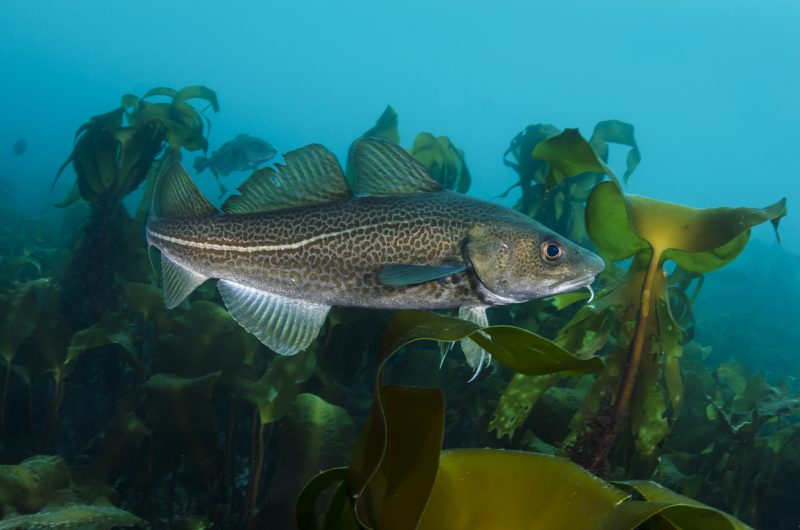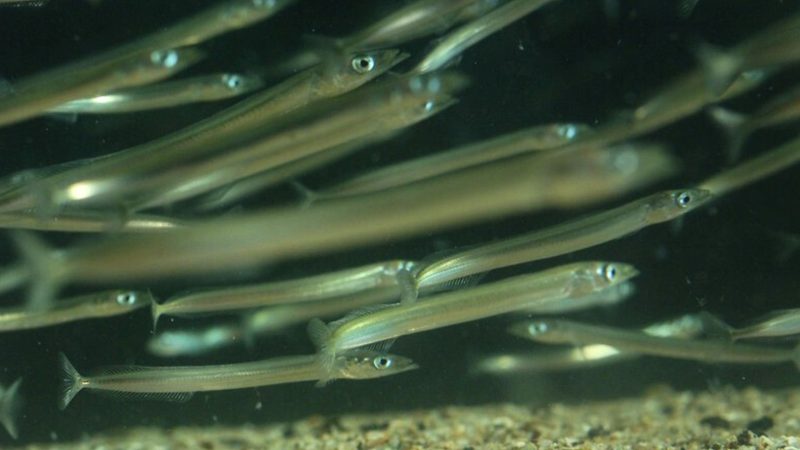The government has responded to the petition “Negotiate sustainable catch limits for all 5 UK cod stocks with the EU in 2022,” which attracted over 10,600 signatures from concerned individuals. The UK government admits that despite its intention in annual negotiations with Norway and the EU to set catch limits within sustainable limits, scientific advice was exceeded for more than half the catch limits set for 2023. That can only mean many fish species, including four of the five populations of cod in British waters, are doomed to further decline.
The excuse the government offers is that the needs of fish populations must be “balanced” with the needs – undefined and not subjected to analysis – of fishing communities, who might be able to go on fishing profitably and sustainably if they only fished differently. This conventional, and failing, government approach, inherited from the days Britain was subject to the EU’s Common Fisheries Policy, makes no sense at a time of a crisis for biodiversity and food security. Remember, fish stocks are legally defined as national assets and the need to steward them better was highlighted by the Russian invasion of Ukraine. According to Fishing News, as much as 70 per cent of the cod used in British fish and chip shops before the war may have been imported from Russia. As the National Federation of Fish Friers, who supported the petition along with many other groups, have said, there is a need to exercise better stewardship of the fish in our own waters if we are to safeguard our food security.
The government’s response to the cod petition chooses to accentuate the few positives while not dealing with the negatives. It says that the number of catch limits that align with scientific advice has improved by 13 per cent since last year. That is progress from a very low baseline as well as using different metrics that give a low baseline. Some 65 per cent of stocks were allowed to be harvested above scientific advice last year. The government takes the credit for the rise in numbers of North Sea cod as a result of setting lower catch limits for cod and whiting in 2022. Instead of waiting until the North Sea stock rises above the level at which it would no longer be regarded as in danger, it has chosen to allocate the full 63 per cent increase in total allowable catch now and forecasts the spawning stock will rise 25 per cent rise by 2024. That is an optimistic projection. Let us hope nature is obliging – it hasn’t always been before, often because other factors such as discarding have been ignored, as they have been again. But, yes, North Sea cod is, for now, the beginnings of a success story.
The government is failing is in its ability to reduce catches of cod taken as bycatch in other fisheries, most notably in the west of Scotland, Irish Sea and Celtic Sea. There has been almost no attempt – in the case of these stocks where the scientific advice is a zero catch – to reduce the bycatch of cod to sustainable levels which would allow the cod to flourish. The government remains committed to the idea that depleted stocks must be sacrificed to allow growing catches of healthier species. Instead of prioritising recovery they prioritise short term economic gain.
Various measures and plans are mentioned, without quantifying their likely impact (because they are unlikely to have very much). These catch limits were agreed, ironically, just as the UK and EU were signing up to the Montreal/Kunming framework agreement in Montreal which promises to stop exploiting endangered species. It is worth noting that the forerunner to the Montreal Framework, signed ten years ago, explicitly promised to end overfishing – as did numerous other government policies.
Blue Marine Foundation will be making interested MPs fully aware of the failures at the heart of the Fisheries Act and examining whether the Act itself is at odds with other laws and agreements, national and international, which require a more sustainable approach to exploiting our seas. The 10,000 plus signatories to the cod petition should lobby their MPs for better stewardship of the nation’s wild resources and watch this space for the next stage in Blue Marine’s campaign to manage our fish properly.


















